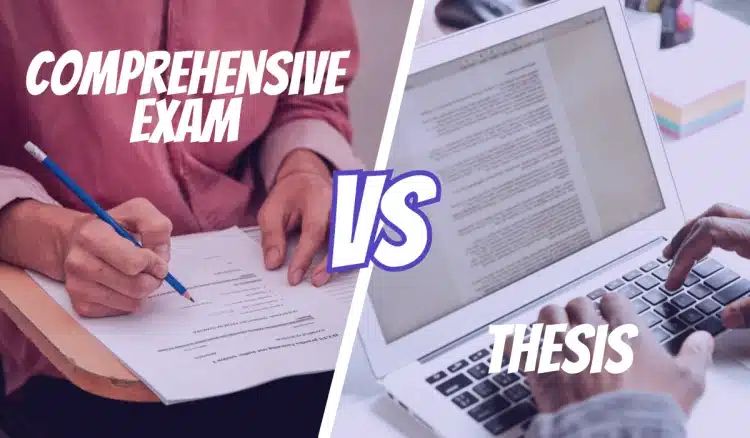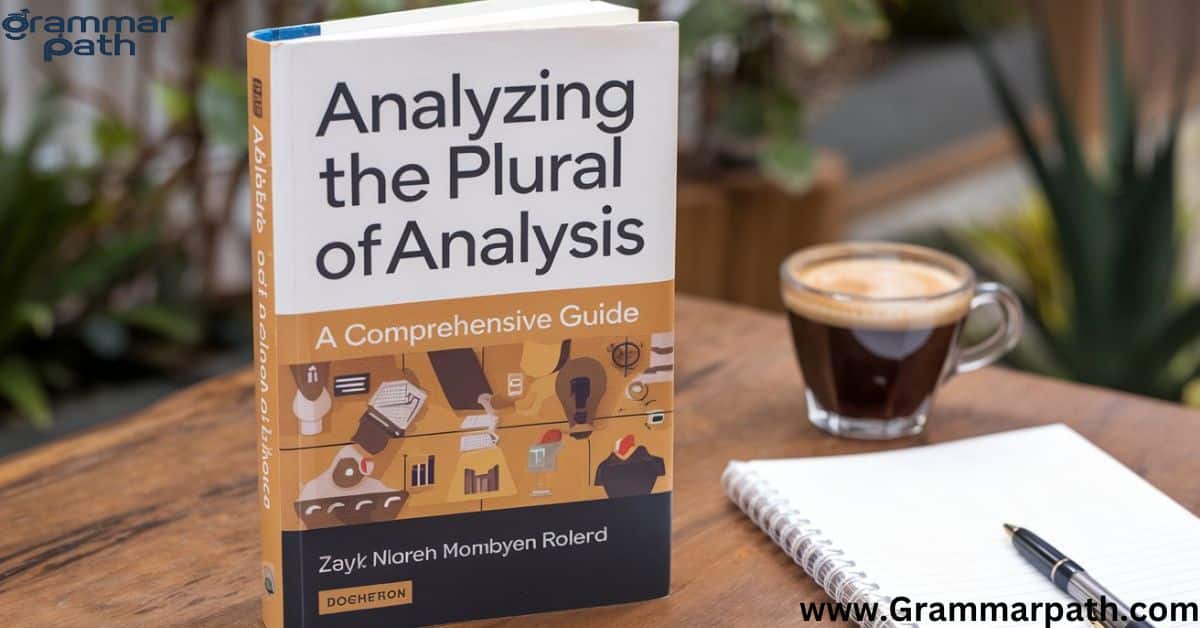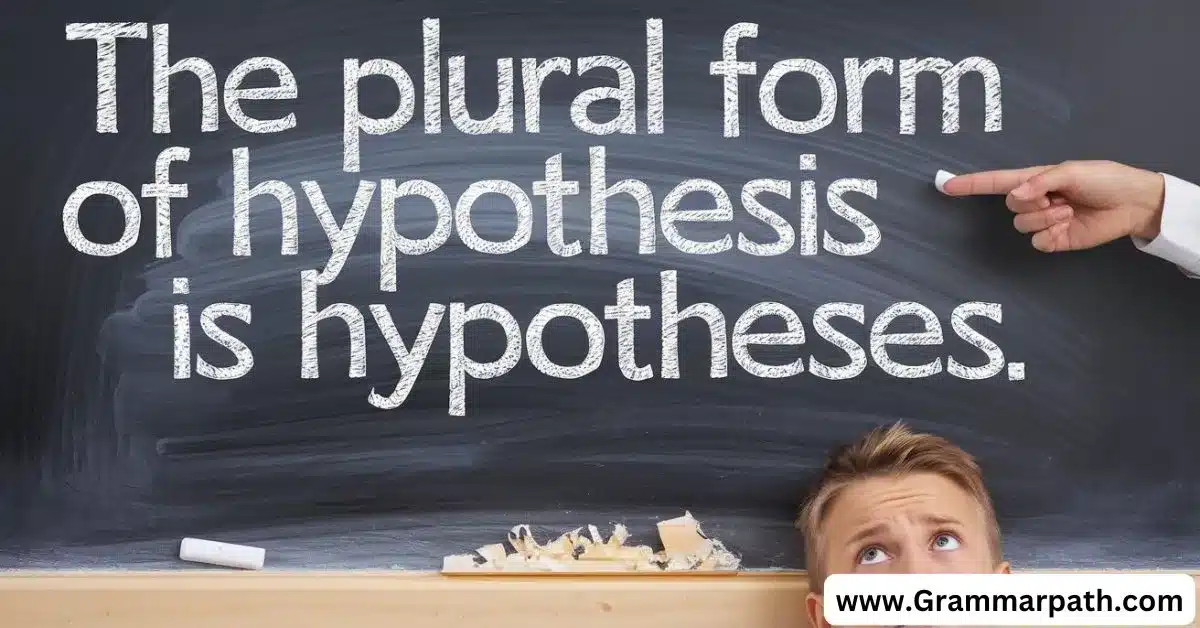
How to Compare and Analyze Graduate Theses Effectively
Graduate theses are the pinnacle of academic research, often showcasing years of in-depth study, innovation, and critical thinking. Whether you’re a graduate student, academic reviewer, or researcher, knowing how to compare and analyze graduate theses effectively is essential for evaluating quality, originality, and scholarly contribution. In this blog, we provide a step-by-step guide to help you assess theses across disciplines with precision and confidence.
Why Thesis Comparison and Analysis Matter
Comparing graduate theses is not just about determining which one is “better.” It’s about:
- Understanding research trends and gaps
- Identifying best practices in methodology
- Recognizing academic originality
- Improving your own thesis writing
- Selecting potential research collaborations
Effective analysis allows institutions to maintain academic standards and helps students learn from top-quality examples.
Step-by-Step Guide to Comparing Graduate Theses
1. Define Your Evaluation Criteria
Before comparing any theses, it’s crucial to establish clear and objective evaluation criteria. Common factors include:
- Research question clarity
- Originality and innovation
- Methodological soundness
- Literature review depth
- Data analysis and interpretation
- Structure and organization
- Academic writing and formatting
- Scholarly impact or practical application
Using a rubric or scoring system can help maintain consistency across multiple documents.
2. Compare Research Objectives and Scope
Examine how clearly each thesis defines its purpose:
- Is the research question specific and researchable?
- Does the scope align with the problem being addressed?
- Are the objectives achievable and logically outlined?
A well-defined objective often indicates focused and effective research.
3. Evaluate Methodologies
Methodology is a key component in thesis quality. Ask yourself:
- Are the research methods appropriate for the discipline?
- Is the sample size sufficient and justified?
- Are tools, instruments, and procedures well-documented?
- Is there a discussion of limitations or potential biases?
Theses that provide transparent and reproducible methods typically stand out.
4. Assess the Literature Review
A strong thesis always includes a comprehensive and critical literature review. Look for:
- Recent and relevant sources
- Clear connections between existing research and the current study
- Identification of gaps the thesis aims to fill
Comparing literature reviews helps identify which thesis is better grounded in existing scholarship.
5. Analyze Data Collection and Results
- How was data collected (surveys, interviews, experiments, etc.)?
- Are the results presented clearly with visuals, tables, or graphs?
- Is the analysis statistically or thematically sound?
- Do the results support the thesis statement?
A top-tier thesis presents results in a transparent and logical manner, with minimal ambiguity.
6. Review the Discussion and Conclusion
- Does the discussion link back to the research questions?
- Are the findings compared with existing studies?
- Are implications, recommendations, or future research areas provided?
This section shows the depth of critical thinking and understanding of the research field.
7. Examine Academic Writing and Formatting
Effective writing enhances the thesis’s readability and professionalism:
- Is the language clear and formal?
- Are citations correctly formatted (APA, MLA, Chicago)?
- Are there grammatical or typographical errors?
Compare how well each thesis adheres to academic standards and formatting guidelines.
8. Look for Scholarly Contribution
Finally, determine the impact of the thesis:
- Does it offer a new perspective or solution?
- Has it been cited or published in academic journals?
- Could it influence industry, policy, or future research?
The more relevant and applicable a thesis is, the greater its scholarly value.
Tools to Aid Thesis Comparison
- Plagiarism Checkers (Turnitin, Grammarly)
- Citation Managers (Zotero, Mendeley)
- Rubric Templates for objective comparison
- Peer Feedback Forms for collaborative analysis
Using these tools can streamline the comparison process and ensure thorough evaluation.
Conclusion
Learning how to compare and analyze graduate theses effectively is a valuable skill for students, faculty members, and researchers. By evaluating aspects such as research scope, methodology, writing quality, and academic contribution, you can make informed judgments and draw valuable insights. Whether you’re preparing your own thesis or reviewing others, adopting a structured and objective approach will lead to more meaningful academic outcomes.






